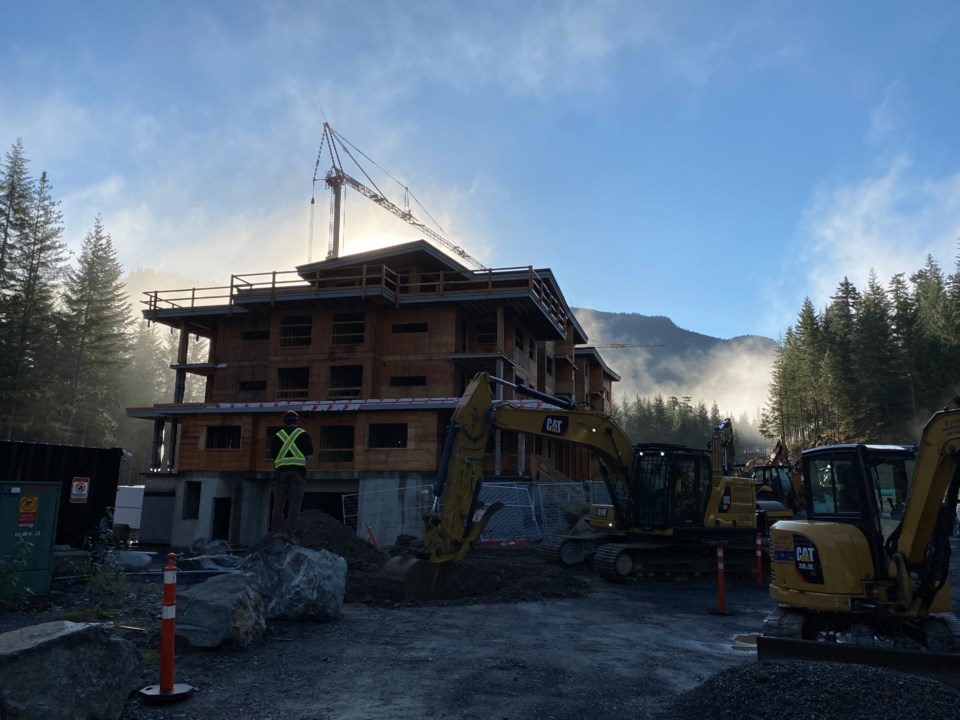It has been almost 20 years since I first called Whistler home. In that time I have become an adult, made some of my best friends, developed a business that helped me live my personal dream, and conceived a child.
Throughout those two decades I’ve endured remarkable change in not only my personal life but in the town and the world we live in.
One constant though is the depreciation of the housing inventory for locals. Once in a while there are a few wins through Whistler Housing Authority (WHA) units in Cheakamus and Rainbow that soften the blow. But by and large, we have seen population increase and housing availability decrease without much reversal. I recently had to leave town when the owners took back control of their suite to use as their ski condo—a reality many others have also faced.
Old locals will say that they had it bad as well—this problem is nothing new. Yet other solutions existed back in the day such as building your own place in the woods. Nowadays people can’t even park a van on the street without being driven out. Others will say that it’s not a problem unique to Whistler, so the burden of finding a creative solution does not rest within municipal boundaries. For many, the reaction to people’s grievances is, “if you don’t like it, you can always leave.”
This type of thinking is not only myopic, it will also come to haunt Whistler down the road after the last longtime local finally leaves. It already has by the plethora of young people leaving for better opportunities elsewhere, and those among the older generation who sold out and took their windfall elsewhere in B.C. One of the big reasons I decided to take residence for so long was the community of other misfits and fun-lovers who saw value in an attachment to the natural world. People who knew that the idea of a better life meant forgoing the pitfalls of modern society in favour of falling in a much different way: in style and synchronicity with gravity and Earth’s other forces to elicit moments of pure ecstasy.
Somewhere along the way Western society got the idea that obscene gains in real estate investing was a good thing. Indeed it is to a certain class and always has been, especially when demand outnumbers supply by an increasingly larger margin every year. But status quo will not solve this issue, and more drastic measures will need to happen if anyone hopes to have any hope of solving our housing issues for future residents.
Banff enacted fairly drastic measures decades ago and while nobody wants to be another Banff, we know that creative policy solutions are possible to conceive. While the WHA is a positive step, it does nothing to address the vast number of properties that serve as vacation homes and sit empty most of the year. Maybe it is time to rein in on empty houses when people who literally keep the so-called “machine” running are living in such dire conditions. If someone wants to spend $5 million on a property they only use for a few weeks out of the year, then a few hundred thousand extra to build a rental suite is not a big ask. We often forget that in a democracy, the citizens have the right to make up the rules as we go along, and decades of stagnated policy usually ends up benefiting only a few.




